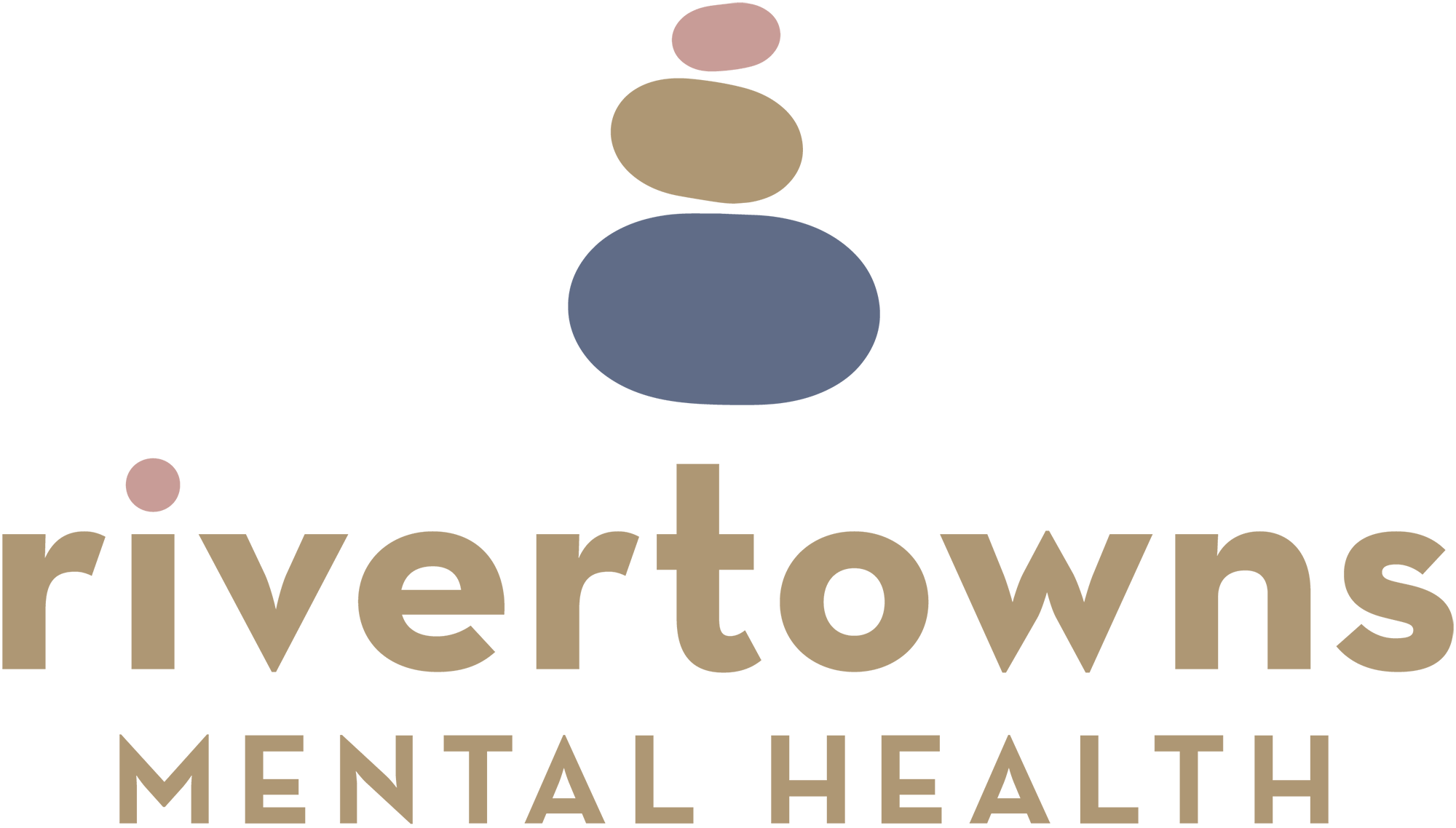Insurance & Fees
Rivertowns Mental Health is a private practice. We do not accept insurance, however we do help to provide documentation for out of network benefits. Many people do not realize that they have out-of-network benefits that can reimburse them for services! Out-of-network benefits are what your insurance uses should you decide to see a clinician who does not accept your insurance. Not everyone has out-of-network benefits, though many insurance plans do offer them. Generally, these benefits will become effective after you have met your insurance deductible. Once that deductible is met, out-of-network insurance typically reimburses anywhere from 50-80% of the cost per service. The exact amount reimbursed is specific to your insurance provider and to what your insurance provider deems as the typical cost of services you are seeking.
You will need to call your insurance provider to understand your out-of-network benefits.
We’ve outlined some steps below:
Below are the most commonly used codes and an outline of when they are used depending on the service:
Billing Codes
Billing Codes for talk therapy
90791 – Initial consultation
90834 – 45-minute follow up sessions
Yes! Most therapy practices in New York are out-of-network. Utilizing out-of-network benefits grants you a much larger range of clinicians to select from. This can be helpful when looking for someone that has a specific specialization or approach. Additionally, out-of-pocket costs can help you reach your deductible (this applies to medical benefits as well!) requirement sooner. You can also use your FSA card to pay for these costs!
We understand that paying out of pocket may not be feasible for everyone. However, paying out of pocket puts you in complete control of your care. This removes any limitations applied by insurance, such as duration and frequency of therapy, and allows individuals to choose the clinician who is the best fit.
Yes! Below is an example. Please note this is not an exact estimate.
Example: You are looking to engage in weekly therapy sessions and are told the cost of each session would be $250. Assuming the reimbursement of out-of-network benefits is 60%, you can multiply $250 by 60% and learn that reimbursement is $150. By subtracting the reimbursement from the initial fee ($250-$150), you can calculate your out-of-pocket expense, which is $100.
Fee estimates:
Sliding scale is available when required.
As of January 1. 2025, the rate for 50-minute sessions will be between $200 and $300 depending on what is discussed on your screening call or at your first session with your therapist.
Can you put this somewhere on the bottom of the page or easily accessible?
No Surprises Act:
Effective January 1, 2022, the No Surprises Act requires medical practitioners to provide
good faith estimates of services before services are rendered. The fee range provided
to you in a screening call or in the first session will be reasonably accurate to what you
can expect to pay per session as a patient. Please find more about the No Surprises
Act/Good Faith Estimate information here (with access to a link to this):
https://support.simplepractice.com/hc/en-us/article_attachments/4418223388045
Policies
We understand that you have a life with its own commitments and that everyone has unexpected changes to their schedule. With more than 48 hours’ notice, we are happy to try to accommodate your schedule to the best of our ability. However, if you need to cancel or reschedule a session, we ask that you provide two business day (48 hours) notice. This means that appointments scheduled for a Monday must be cancelled on or before the preceding Friday. If you miss a session without canceling, or cancel with less than 48 business hours’ notice, our policy is to collect the full amount of the appointment fee. It is important to note that insurance companies do not provide reimbursement for “late cancellation” or “no show” sessions. Thus, you will be responsible for the portion of the fee as described above. If it is possible, we will try to find another time to reschedule the appointment.
When you come in for an office visit, payment for each visit is expected at the time of the appointment. Rivertowns Mental Health asks that you put a credit card on file in our secure electronic vault that will be used for each session, as well as missed appointments and late cancellations. If you have any questions about our billing and payments process, please contact Shelly Steinwurtzel @ [email protected].
We are very aware of the need for affordable mental health treatment in New York City and have developed a model that offers affordable choices.
General Questions
RNH offers many types of therapies. We begin with a 60- or 90-minute evaluation to understand what type of therapy will likely be most effective for you. The type of therapy is one piece of the treatment. Our strong belief is that your connection to the therapist is equally important. We have a diverse team of experts ready to help you.
RMH believes in a 60- or 90-minute evaluation focused on your history to help us evaluate and identify how to help you feel your best.
It is most productive when first-time patients come with the following:
No Surprises Act
Effective January 1, 2022, the No Surprises Act requires medical practitioners to provide good faith estimates of services before services are rendered. The fee range provided to you in a screening call or in the first session will be reasonably accurate to what you can expect to pay per session as a patient. Please find more about the No Surprises Act/Good Faith Estimate information here.

145 Palisade Street, Suite 368
Dobbs Ferry, NY 10522
(646) 490-0300